Torn between the suburbs and the city
I’d needed a break from Lowell — from San Francisco. Eating dinner with my childhood friends from Pacifica and talking on the back porch, I felt more relaxed than I had been in months. This was a necessary escape from the constant social anxiety I’d been feeling since the beginning of the year when I moved to San Francisco. But something had changed. I felt like an intruder as they brought up new, unfamiliar names and laughed about new experiences that I hadn’t been there for.
I’d felt out of place in conversations before, but never with them, and it magnified the social insecurity and self-consciousness I had already been feeling in San Francisco. At that moment and for months after, I felt like I didn’t belong in either San Francisco or Pacifica.
Before Lowell, I’d never experienced the “new school” feeling of having to adjust to an unfamiliar environment. Everything was how I expected it to be; nothing had ever felt foriegn or majorly awkward. But after moving to San Francisco in August of 2020 and deciding to attend Lowell, I started to fixate on the past, on my life in Pacifica. Although there was discomfort during the move, my freshman year went smoothly. With distance learning, there was an excuse to be apart. There wasn’t a disconnect between me and my old friends, and meeting new people wasn’t an ongoing struggle. However, when school returned in-person instruction at the beginning of this year, I felt isolated and insecure. Wanting to recapture the feeling of being in Pacifica and romanticizing the idea of going to high school with my old friends, I got lost in what I wanted my life to look like. I found myself increasingly disconnected from both worlds. I was lost socially and academically. But over time, my growing comfort and acceptance of my situation caused me to let go and appreciate my new environment.
While moving to San Francisco allowed me to attend Lowell, the main reason my family moved was to be closer to and to help our grandparents. Growing up in Pacifica, the only things I knew about Lowell were that my dad and aunt had gone to school here and that it had a high academic and athletic reputation. Initially, when I applied, I wasn’t too concerned about whether I got in or not. If I didn’t get into Lowell, I planned to attend Terra Nova in Pacifica, the school I’d planned to go to with all my friends. I was surprised but excited when I was accepted to Lowell, and I chose it, thinking that although I’d have to leave my friends behind in Pacifica, it was only a highway away. We’d have so much time together – right?
Although I’d have to leave my friends behind in Pacifica, it was only a highway away.
Because Pacifica is only 20 minutes away from San Francisco, I never realized how different the two cities are. Moving out of a house into an apartment felt restricting and cramped, especially during the initial lockdown. Not being able to go out and explore the city, our apartment was the only part of San Francisco I was familiar with. Finally realizing their differences felt like a smack in the face. With Pacifica being so small and tight-knit, you couldn’t take a five-minute trip to Safeway without bumping into somebody you knew. We all knew the town, too: you could use a vague landmark like “the back of the valley” and still be able to find it. Being in San Francisco led to new experiences. I’d never had to take the bus, let alone by myself. Not being used to public transportation, I missed my stop the first time I took the bus home from school, feeling like a loser as I checked Google Maps and realized that I had ended up ten blocks away from my destination. Walking around in my own Richmond neighborhood, the only person I could recognize was the mail lady. I felt like an outsider on my own block. I didn’t know any of my neighbors, only learning the name of my next-door neighbor after our basketball flew into his flowers one too many times.
Growing up in Pacifica, I felt safe and secure. I had been a part of the community for my whole life, and meeting new people was easy because I already had close friends to lean on. However, finally getting to Lowell in person, that social safety net was gone. The few people I did know at Lowell already had established friend groups — I felt like I had been locked out of a room, pressing my ear against a door and trying in vain to catch glimmers of conversation on the other side. I knew that I wouldn’t have my old core of friends to lean on, but as I walked in the halls alone, not recognizing anyone, I realized I didn’t really know anybody at all. Going through elementary and middle school with the same people for so long allowed me to express my authentic thoughts without worrying about making bad first impressions. But at Lowell I found myself silent, not knowing how to introduce or assert myself. To avoid any awkward interactions, I walked around campus in a rush and left school the moment the bell rang. Surrounded by kids who had all attended middle schools in SF, I felt disconnected, waiting for any invitation to be included.
I felt like I had been locked out of a room, pressing my ear against a door and trying in vain to catch glimmers of conversation on the other side.
I felt like an outcast at Lowell. And eventually, I started to feel like one in Pacifica, too. Catching up with my old friends a few months into the school year, I realized how quickly our lives had diverged from each other. Teachers, teammates, and classmates I’d never heard of before popped up casually in the conversation as if my friends had known them for their whole lives. I was surprised, but I convinced myself that it was natural and nothing to worry about, as we weren’t going to the same school anymore. My anxiety reemerged, however, once the conversation turned towards my experiences at Lowell. Wanting to hide my growing feelings of isolation, I told them that my transition had been okay but that nothing exciting worth sharing had happened. Sarcastically, they teased me: “Why did you even go to Lowell then,” and “Transfer back to Pacifica.” These jokes only reinforced my negative thoughts that were telling me I was out of place in both San Francisco and Pacifica.
The realization that I was losing my connection with my old friends added to my existing feeling of social isolation. I closed myself off from meeting new people at Lowell, and eventually, I started closing myself off from my old friends, too. I became convinced that they didn’t care about me now that I wasn’t a regular part of their lives. Our texts became less frequent and distant, their names slowly disappearing from my recent calls list. I wouldn’t see them for weeks at a time because I held myself back from reaching out, thinking they would view me as annoying and a waste of time. I felt alone, and I was stuck in the cycle of wanting to be back in my old life while drifting farther and farther from it.
I felt alone, and I was stuck in the cycle of wanting to be back in my old life while drifting farther and farther from it.
These feelings began seeping into my everyday life and academic habits. Preoccupied with insecurity and anxiety, I slowly lost interest in things that I loved doing and started occupying myself with social media. Instead of spending my time reading, playing baseball, and spending time outside, I threw myself into scrolling on Instagram, where I’d see my old friend’s stories and wonder about what I was missing out on. I’d often sit and space out with headphones in, blasting music to numb my emotions. It felt like Pacifica, and with it, my old life, got five miles further away every day. And yet, I began romanticizing the idea of going to high school in Pacifica, convincing myself that I would transfer back to Pacifica at the end of this school year. This made me lose interest in my academic obligations at Lowell. Wanting to separate myself from Lowell and get back to Pacifica, my motivation for schoolwork vanished. School came second to everything, and even writing for this publication, which I had immersed myself in during freshman year, started becoming a chore instead of a creative outlet that I loved. I would count the hours until school got out, only to go home and stare blankly at my work.
As months passed, I still wasn’t happy at Lowell and disliked almost every aspect of being here. But then I managed to find purpose in one thing: baseball. Over time, I built a strong friend group with the other sophomores on the baseball team, which gave me confidence and helped me break out of my shell. Initially bonded by just practices, games, and nods in the halls, we started meeting outside of school to play for fun and to hang out on Friday nights after conditioning. We started developing inside jokes and nicknames, and for the first time in a while, I felt as free as I did back in Pacifica. I started making more of an effort to meet new people, and as I recognized more people around campus, my self-confidence grew. I initiated more conversations and didn’t feel as out of place. I had finally found my place at Lowell; I was no longer stuck in some nether region between two cities.
I finally began to accept that my life had changed, but for the better. Spending a weekend in Pacifica, enjoying my time with my friends, I realized their questions about my experiences and teasing pleas for me to move back to Pacifica was because they had missed me as much as I missed them. I stopped trying to reinsert myself as a prominent force in their lives and began using the time we spent to actually catch up and build new experiences instead of bitterly fixating on old ones. I felt the more connected to them that I had after the move, and the highway separating us started feeling more like a bridge. Although I will always miss Pacifica and the environment I left behind, I learned that if you’re engrossed in the past, you’ll never be able to move on and start enjoying what’s in front of you.
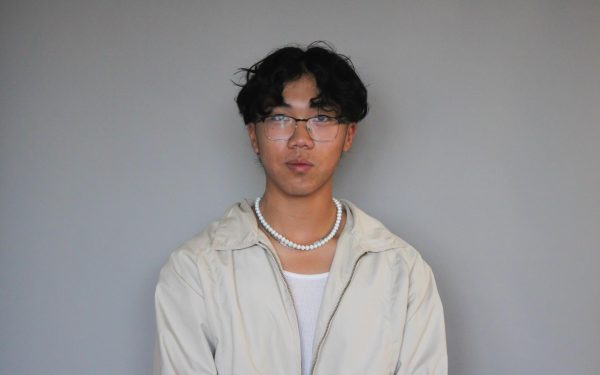
Roman is a senior who, if not chugging coffee or blasting music, is only doing one of four things: playing baseball, watching the sunset, getting hit in the head with a bowling ball, or falling asleep at the dinner table.


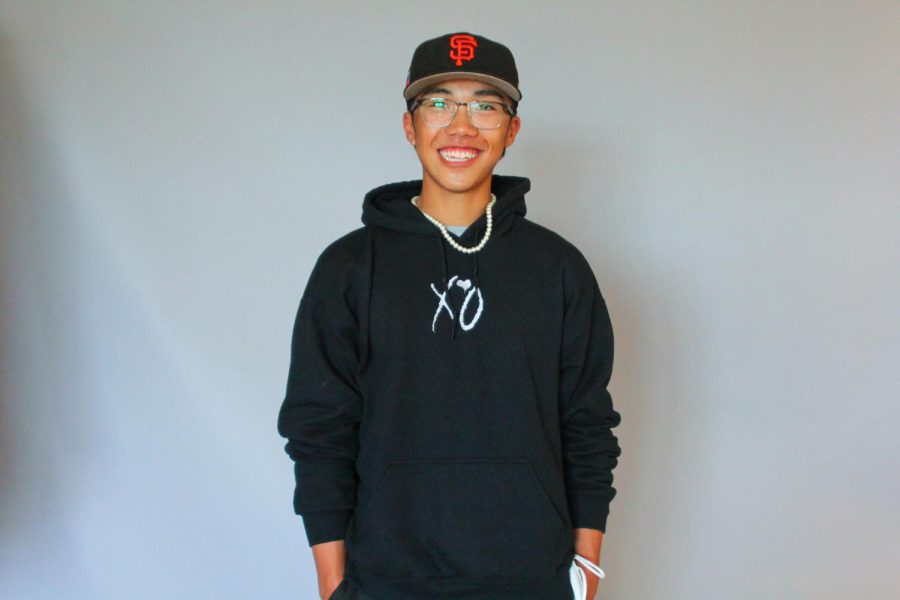

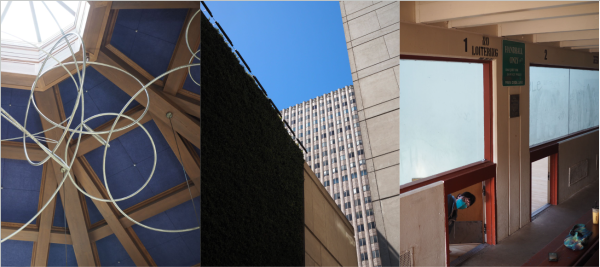
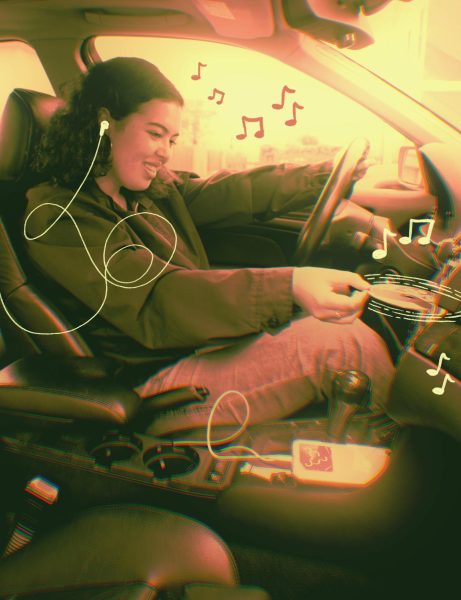
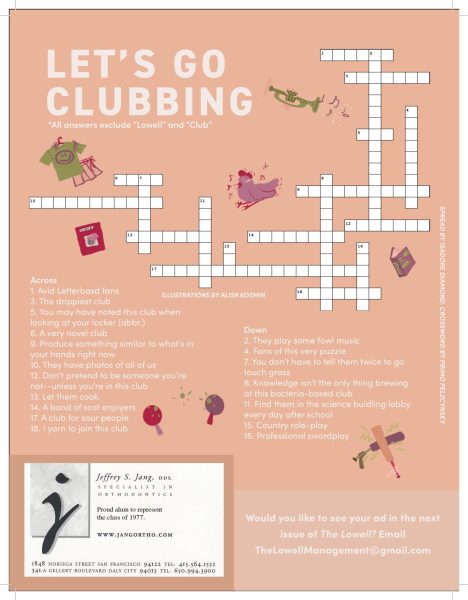

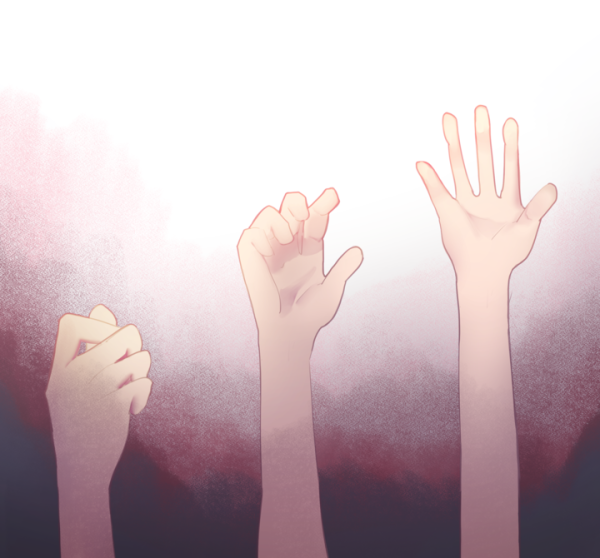

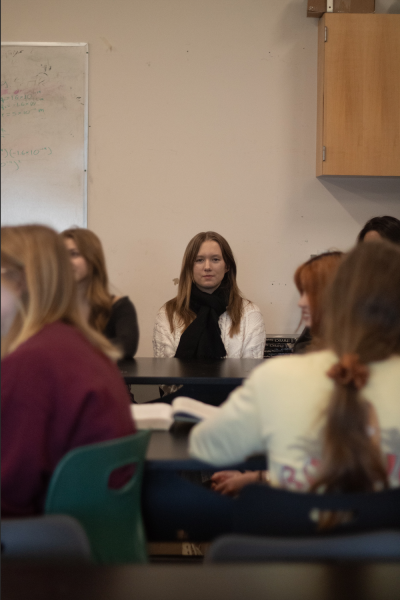
doria • Mar 22, 2022 at 11:26 pm
YAS roman slay